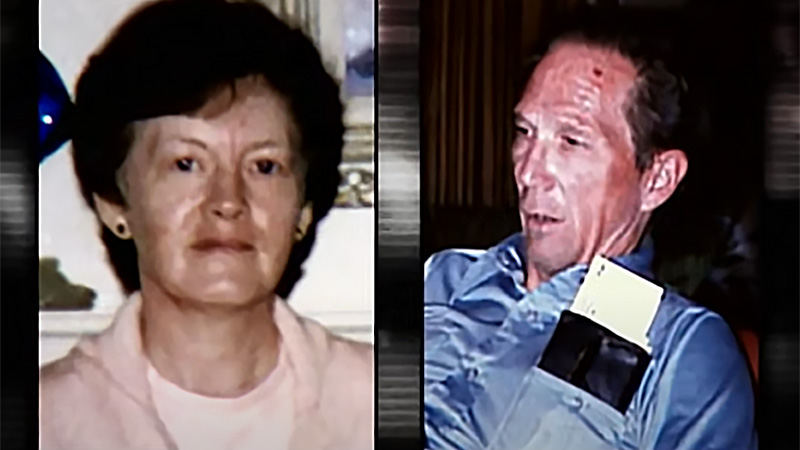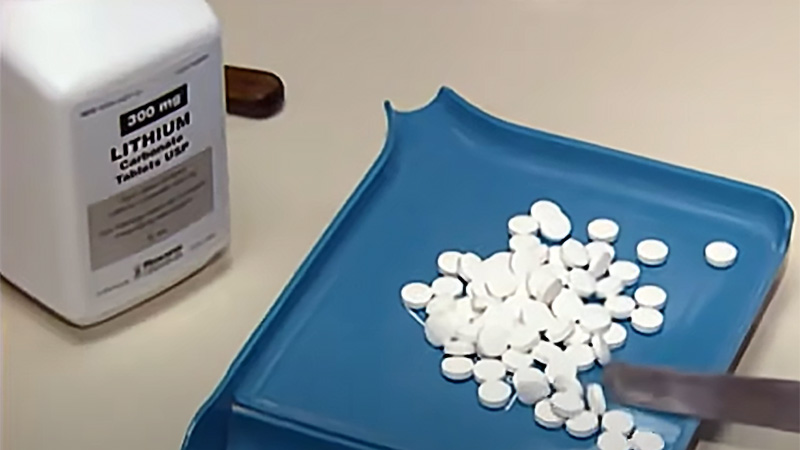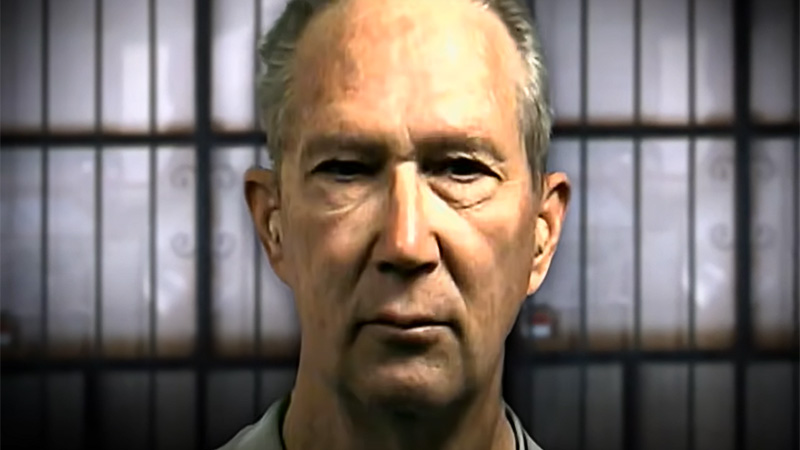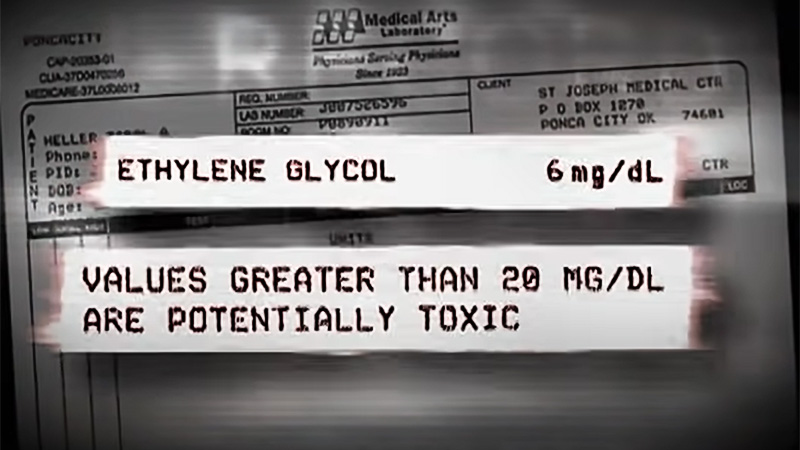The Big Chill
Carol Hellar antifreeze poisoning by Dennis Hellar
Shortly after marrying her new husband Dennis, Carol Hellar began feeling chronically ill. Dozens of hospital visits couldn't find the ethylene glycol in her system.
Original air date: September 10, 2003
Posted: March 3, 2022
By: Robert S.
Season 8, Episode 21
Dennis Hellar had a history of meeting women through personal ads. When he found an ad in the local Christian newspaper placed by a new resident in his hometown of Perry, Oklahoma, Dennis believed he had found a match. Within a year of meeting Dennis, the recent transplant became Mrs. Carol Hellar. Prior to the couple's marriage, Carol's family had an important conversation with Dennis. They revealed Carol's history of struggling with mental instability, and that she suffered from bipolar disorder. Dennis assured them that his Christian values and love for Carol would overcome these obstacles.
Within months of getting married, Carol Hellar began experiencing odd symptoms, including nausea, drowsiness, slurred speech. She'd been recently put on medication to manage the symptoms of her bipolar disorder, and she believed her symptoms were the side effects. Over the next ten months, Carol paid more than 30 visits to various doctors and hospitals. Physicians would stabilize her and send Carol home, but the problems always returned. Finally convinced that her medication was causing the issues, Carol discontinued its use – despite her doctors' recommendations.
Not long after, 911 operators in Perry got a phone call from Dennis Hellar. He told them his wife was unconscious, and she needed medical attention. Paramedics found Carol in a coma when they arrived, and she was flown 60 miles to hospital facilities in Oklahoma City. Sadly, within an hour of arriving, Carol was pronounced dead. It seemed that she had died from congestive heart failure. But back in Perry, Dennis' behavior suggested another potential cause.
Carol's husband did not seem like a grieving widow. He hadn't been helpful when the medics had arrived to render aid to Carol, and he'd even fallen asleep during her funeral services. When investigators dug deeper, they found evidence contrary to Carol's established cause of death. But would they be able to build a case from their suspicions? With almost no physical evidence, could they solicit a confession from Dennis?

The Facts
Case Type: Crime
Crime
- Murder
Date & Location
- June, 1995
- Perry, Oklahoma
Victim
- Carol Hellar (Age: 52)
Perpetrator
- Dennis Hellar (Age: 53)
Weapon
- Poison: Ethylene glycol (Antifreeze)
Watch Forensic Files: Season 8, Episode 21
The Big Chill

The Evidence
Forensic Evidence
- Recorded narrative: Perpetrator
- Report: Pathology
Forensic Tools/Techniques
- Gas chromatography

Usual Suspects
No Evil Geniuses Here ?
- None occurred in this episode
Cringeworthy Crime Jargon ?
- None uttered in this episode
File This Under... ?
- Keep it in the family

The Experts
Forensic Experts
- None featured in this episode
Quotable Quotes
- "She [Carol] was looking for a Christian, male person who could take charge of household finances, and Dennis was the one that answered the ad." - Sandra K. Piearcy: Carol’s Sister
- "She’d get to the hospital, and they’d stabilize her, and they’d just determine that they either had solved the problem or couldn’t figure out what the problem was, and they’d send her home, and a month later it would start again, and it would happen again." - Mark Gibson: Prosecutor
- "When the ambulance crew arrived at his home, Dennis was on the couch on the telephone. When they walked in, he did not acknowledge them nor did he speak to them. They asked him what room she was in, and he did not respond. And so they went looking through their apartment and found Carol unconscious in a coma on the bed." - Russell Busby: Detective
- "That’s a strange way to commit suicide. I don’t know anybody that’s going to poison themselves with ethylene glycol or arsenic or anything, and make themselves repeatedly ill for nine or ten months to kill themselves." - Alphonse Poklis, PhD: Forensic Toxicologist
- "At least on 13 different occasions, Dennis Hellar would talk to people about antifreeze and the effects it would have on you if you drank it. One of the common things he would say, and it seems like this was always out of context, I’m not sure what context discussing antifreeze poisoning would be appropriate, but people would say, ‘We were talking, and Dennis just came up with a statement: Did you know that one teaspoon of antifreeze taken every day for ten days will kill you?’" - Russell Busby: Detective
- "He [Dennis] did say to the investigators that it only takes one person on a jury with reasonable doubt, and slow poisoning is hard to prove." - Mary Ellen Cooper: Author, Slow Death...
Find a typo or issue with the details of this case? Leave a comment below, or contact us!





